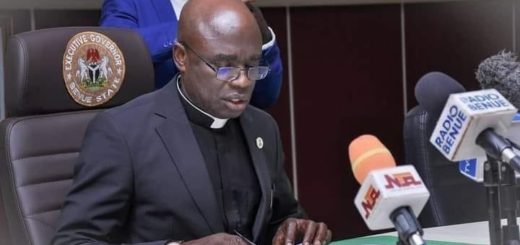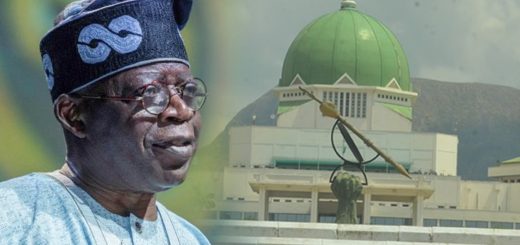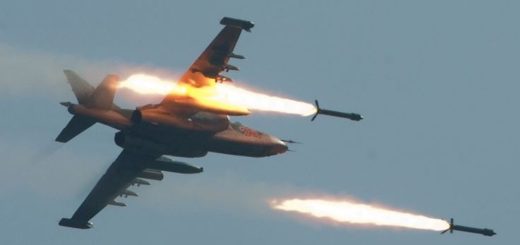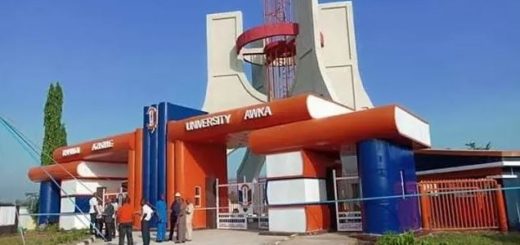UN peacekeepers need stronger political support, resources: Official
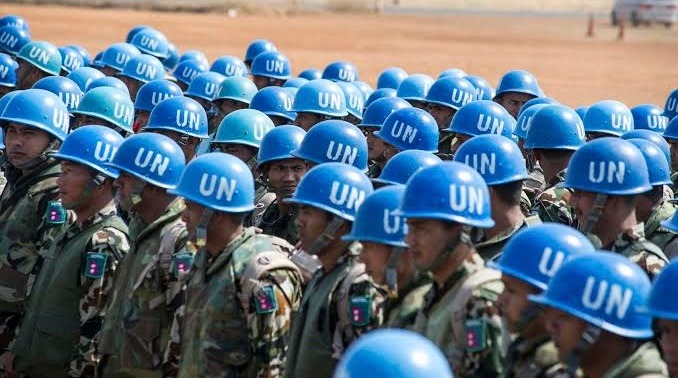 Jean-Pierre Lacroix, the under secretary-general for peace operations, has called for increased support for UN peacekeeping missions as conflicts grow more complex globally.
Jean-Pierre Lacroix, the under secretary-general for peace operations, has called for increased support for UN peacekeeping missions as conflicts grow more complex globally.
Mr Lacroix made the call while briefing the UN Security Council on Monday at UN headquarters in New York.
According to him, UN peacekeeping missions need greater political support and resources to carry out their duties safely as conflicts grow more complex and armed groups increasingly weaponise low-cost technologies like improvised explosive devices and drones.
Addressing the Security Council, Mr Lacroix told ambassadors that UN operations could only ever be as strong as the collective support of nations.
He said, “As geopolitical tensions have mounted, including here in this Council, and amid shifting global and regional dynamics, peacekeeping operations are increasingly unable to rely on member states to act in a strong, unified manner to support peacekeeping efforts they are mandated to support.”
Today, peacekeepers face challenges ranging from transnational organised crime, illegal resource exploitation, climate change impacts, the proliferation of cheap weaponised technology, and targeted disinformation campaigns.
“Despite all these challenges, today, over 70,000 peacekeepers bravely continue their vital work. Each day, they make a difference in protecting civilians, clearing mines and explosive remnants of war, monitoring fragile ceasefires and preventing escalation of hostilities,” Mr Lacroix said.
He went on to highlight the tangible impact of peacekeeping efforts in various regions.
In the Democratic Republic of the Congo’s Ituri province, UN peacekeepers “are alone in protecting” more than 100,000 displaced civilians at the Drodro camp.
In southern Lebanon, UN Interim Force (UNIFIL) personnel face daily threats from cross-border violence but serve as the crucial communication channel preventing further escalation.
The UN Mission in South Sudan (UNMISS) advances political solutions by engaging local and national stakeholders and building confidence for long-term peace.
Meanwhile, in Abyei, the UN Interim Security Force (UNISFA) mediates peace agreements between herders and farmers competing over scarce natural resources, preventing conflict during cattle migration seasons by collaborating with local and international partners.
While UN peacekeepers play a critical role in maintaining stability, their efforts alone are not enough without broader political support.
“There is only so much that peacekeeping can do on its own,” Mr Lacroix stressed, urging the Security Council and Member States to provide unified backing for missions and encourage political solutions to conflicts.
Blue helmets can act robustly to protect civilians, but they do not fight wars.
He said peacekeeping must be seen as “the collective resolve of the Security Council to effectively address conflict” with clear, adaptable, and well-resourced mandates.
He also called for stronger local, regional, and global partnerships, stressing the importance of “networked multilateralism” to address today’s interconnected challenges.
Despite recent improvements in peacekeeper safety, Lacroix warned of the increasing threat of hostile acts, including drone attacks, and stressed the need for better counter-unmanned aerial vehicle (UAV) systems.
